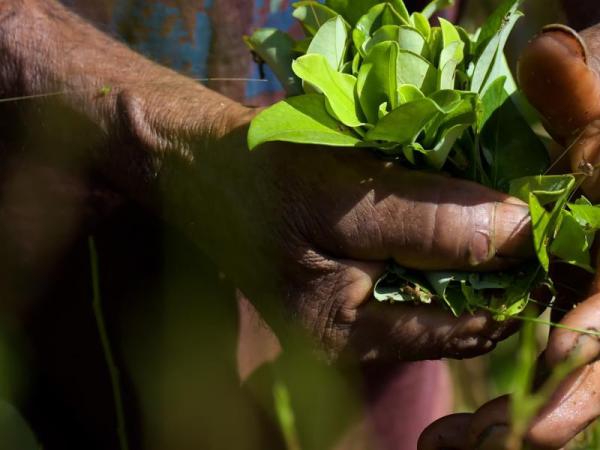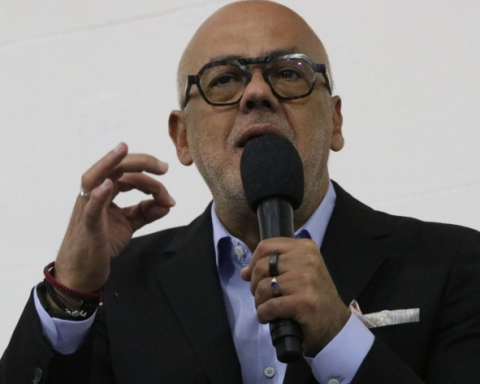At the beginning of August, Bolivia thanked the adhesion of Colombia at your request for the critical review of the classification of coca leaves in Schedule 1 of the 1961 Convention on Narcotic Drugs, which seeks to recognize the benefits of the plant in its natural state and which does not cause dependency.
In June 2023, Bolivia launched an international campaign to spread the word about the importance of the coca leaf and get its declassification from Schedule 1 of the 1961 Convention on Narcotic Drugs, in which they classify substances considered dangerous and under international control.
(See: What the decree officially banning coal exports to Israel says).
In November 2023, the WHO announced to the Vice President of Bolivia, David Choquehuanca, that this entity initiated a critical review of the classification of coca leaves by a committee of international experts.
Thus, the Vice Presidency of Bolivia issued a statement a few days ago in which it highlights:the will of Colombia“to support the Bolivian request for the World Health Organization (WHO) and its committee of experts on drug addiction activate the process.
Colombia notified its adhesion to Bolivia’s request on May 29 to the Secretary General of the United Nations, António Guterres, the note says.
“We renew our gratitude to President Gustavo Petro and the Colombian people for their support and commitment to this important initiative.“, said the Vice Presidency of Bolivia.
“This support (from Colombia) is crucial to advance the examination of the current status of the coca leaf in List 1 of the aforementioned Convention, recognizing that the coca leaf does not produce dependency or any harm to the human body and, on the contrary, has immense medicinal and nutritional importance for humanity.“, he added.
(See: The changes coming to passport issuance: will the National Printing Office produce them?).
Bolivia establishes that “Colombia’s adhesion to this initiative strengthens the ties of cooperation and solidarity” between both peoples and “It represents a significant step towards a fairer, evidence-based international dialogue on the uses and benefits of the coca leaf in its natural state.”.
“Colombia has expressed its intention to submit additional data to the Committee within the framework of the critical review process and to strengthen our common position in different multilateral and regional spaces on the subject.“, said the Bolivian Vice President.
Coca leaf cultivation
THE TIME file
The consumption of coca leaves in Bolivia is common, whether with the ‘acullico’ or cheweither and in infusions, to avoid pain and even altitude sickness, and it is also one of the main producers of the shrub in the world.
In 2011, Bolivia withdrew from the 1961 Convention and rejoined in January 2013 with a reservation to allow traditional consumption of coca leaves on its territory.
(See: New ‘squabble’ between the government and public service companies over high rates).
The coca leaf is enshrined in the Bolivian Constitution in force since 2009 for its traditional and medicinal uses, but part of the production is diverted to drug trafficking to manufacture cocaine.
Coca leaf crops in Bolivia decreased by 2% in 2022, going from 30,500 hectares registered in 2021 to 29,900 a year later, according to the report of the United Nations Office on Drugs and Crime (UNODC).
Since 2017, Bolivia has expanded the area of legal cultivation of the plant from 12,000 to 22,000 hectares.
(See: The setbacks that the Petro government has generated, from the opposition’s perspective).
EFE
















